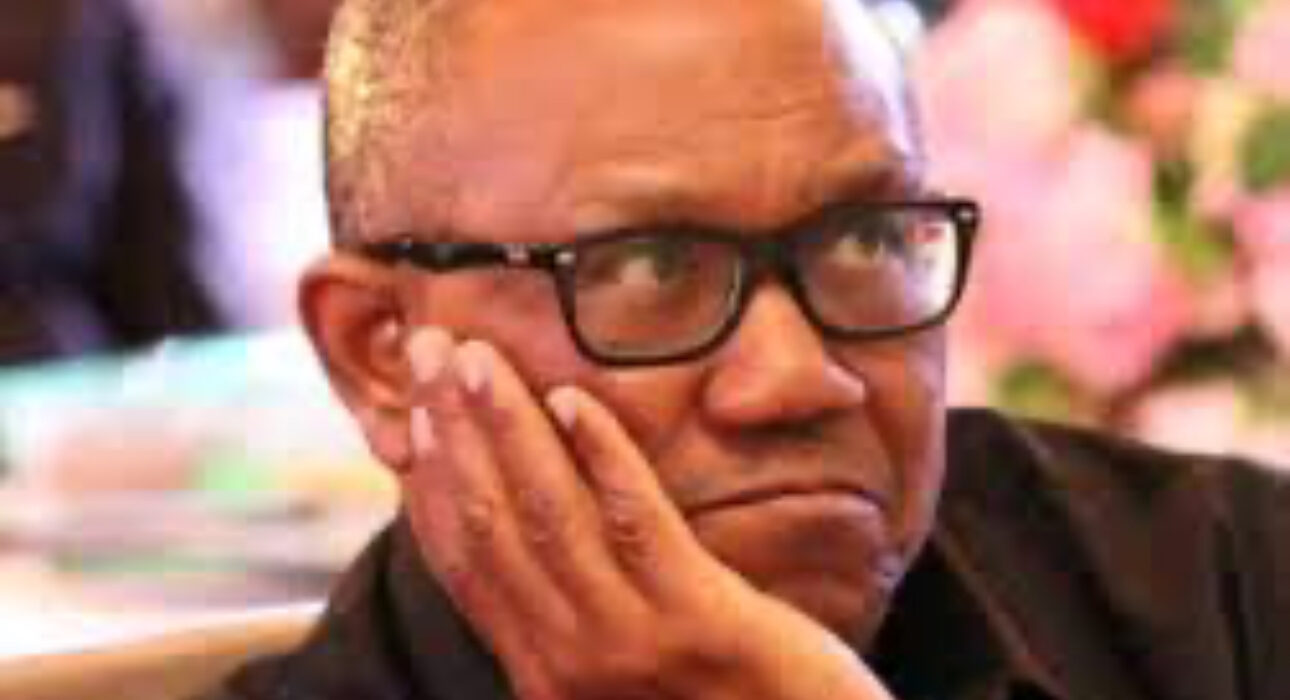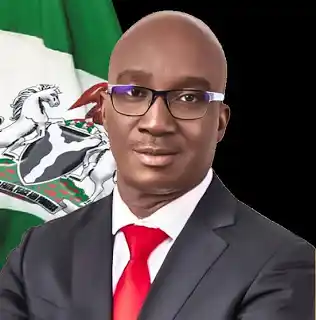Peter Obi’s Presidential Nomination Blunder with Lasting Consequences, Says Labour Party Factional Spokesman

The internal crisis within the Labour Party took a dramatic turn on Friday, July 12, 2025, as the party’s factional National Publicity Secretary, Abayomi Arabambi, described the nomination of Peter Obi as the party’s presidential candidate in the 2023 general election as a grievous political miscalculation.
Arabambi, speaking at a press briefing in Abeokuta, stated that the decision has had lasting negative consequences on both the party’s identity and Nigeria’s political development.
He argued that the Labour Party abandoned substance and credibility in favour of popularity and sentimentality by choosing Obi, whom he accused of lacking the political discipline and depth needed to govern a complex nation like Nigeria.
According to Arabambi, the party missed the opportunity to present a more grounded candidate, such as Faduri Oluwadare Joseph, a U.S.-based nurse, entrepreneur, and former presidential aspirant, who, he claimed, was better equipped to bring about transformative leadership.
Arabambi didn’t hold back in his criticism of Obi’s campaign style, accusing him of promoting ethnic division and emotional populism.
He alleged that Obi engaged in selective moral outrage and failed to unequivocally to condemn the activities of secessionist groups, thereby polarizing the national conversation along ethnic and regional lines.
He also accused the former Anambra State governor of misleading the public on Nigeria’s economic indicators, particularly in relation to the country’s debt profile. Arabambi cited a television interview in which Obi allegedly exaggerated Nigeria’s external debt by converting figures using inflated exchange rates, creating unnecessary alarm among the public.
He contrasted Obi’s claims with what he described as fiscal progress under the current administration of President Bola Tinubu, stating that Nigeria’s external debt had reportedly decreased from $108.2 billion to $94.2 billion.
He insisted that Obi ignored such data in order to paint a distorted picture of national decline. Arabambi remarked that the party’s choice to ignore more credible candidates like Faduri in favour of Peter Obi was a “blunder with lasting consequences,” warning that such decisions could continue to haunt the Labour Party unless corrected.
In a further escalation, Arabambi revealed that the Labour Party is preparing to initiate disciplinary action against Obi and his allies, accusing them of undermining the party’s unity and principles. He disclosed that a National Executive Committee (NEC) meeting is being convened soon where moves to expel Obi and his loyalists from the party would be formalized.
The comments from Arabambi reflect the deepening divide within the Labour Party, which has been plagued by factional disputes and competing leadership claims since the 2023 elections.
While Peter Obi remains a popular figure among his supporters, particularly the youth demographic that formed the backbone of his campaign, growing resistance from the party’s old guard suggests that the road to 2027 may be fraught with internal battles.
Observers believe the remarks signal an attempt by the Arabambi-led faction to wrest back control of the party from the influence of Obi and the ‘Obidient’ movement, which has transformed the LP into a formidable opposition force in recent years.
However, critics of Arabambi argue that his statements reflect personal grievances and political opportunism rather than genuine ideological disagreement.
As the Labour Party prepares for its next convention and leadership decisions, the fallout from the 2023 election continues to shape its future trajectory.
Whether Peter Obi remains central to that future or becomes a casualty of internal revolt remains to be seen.









